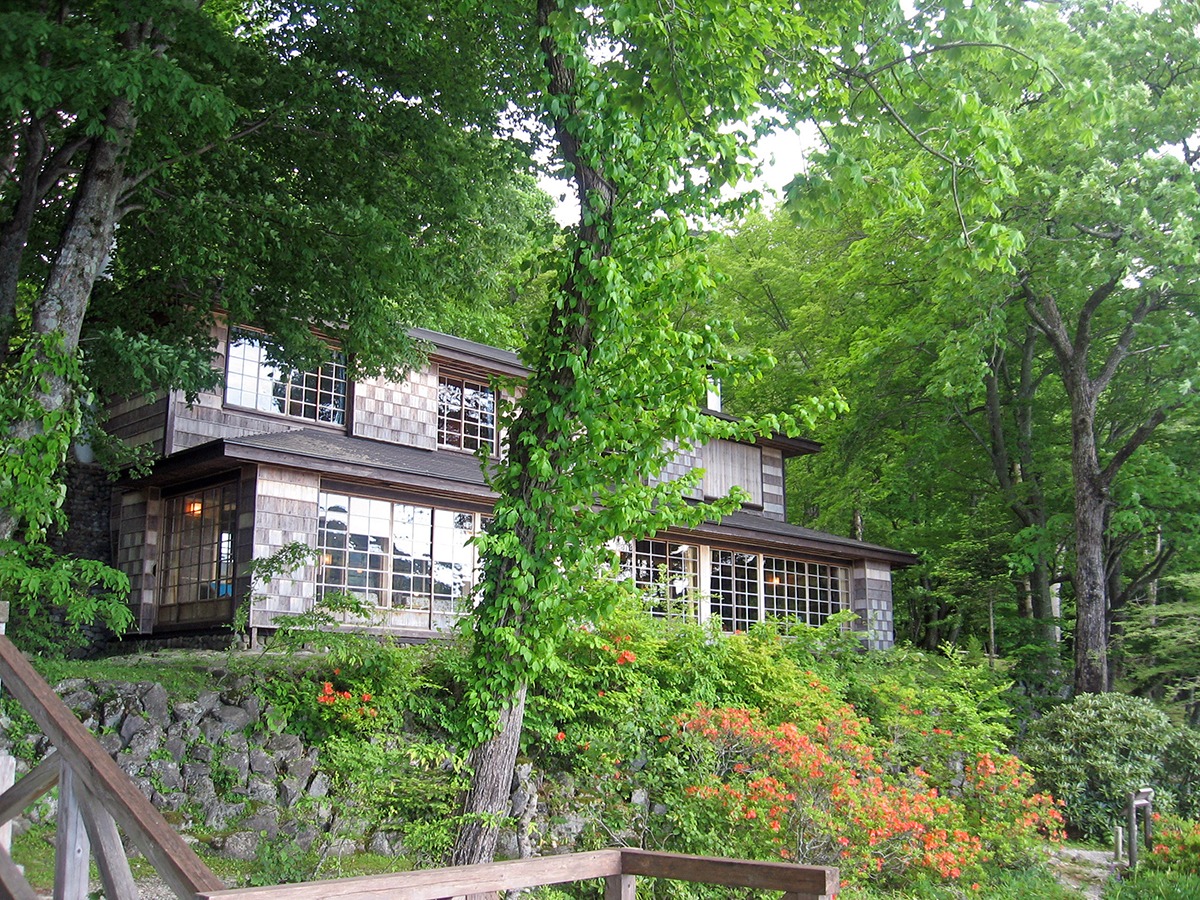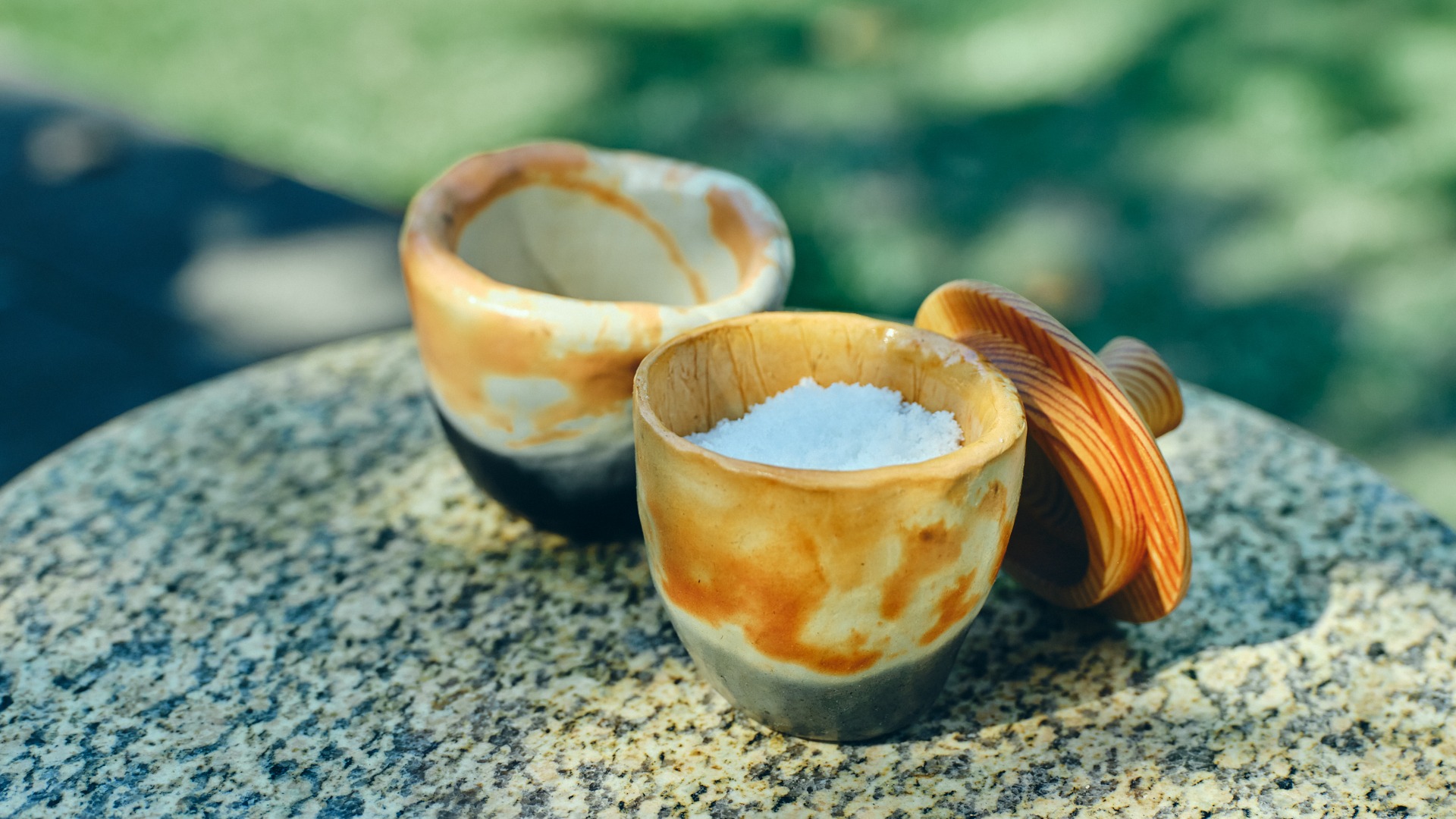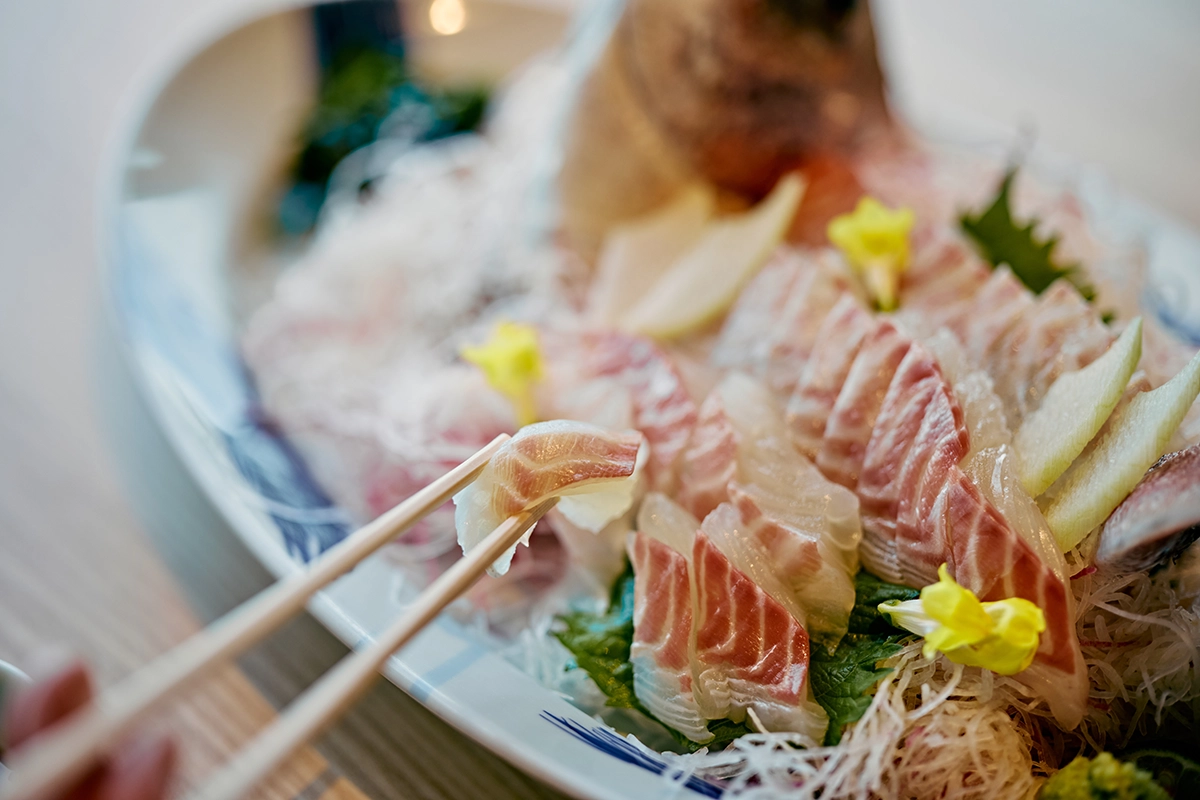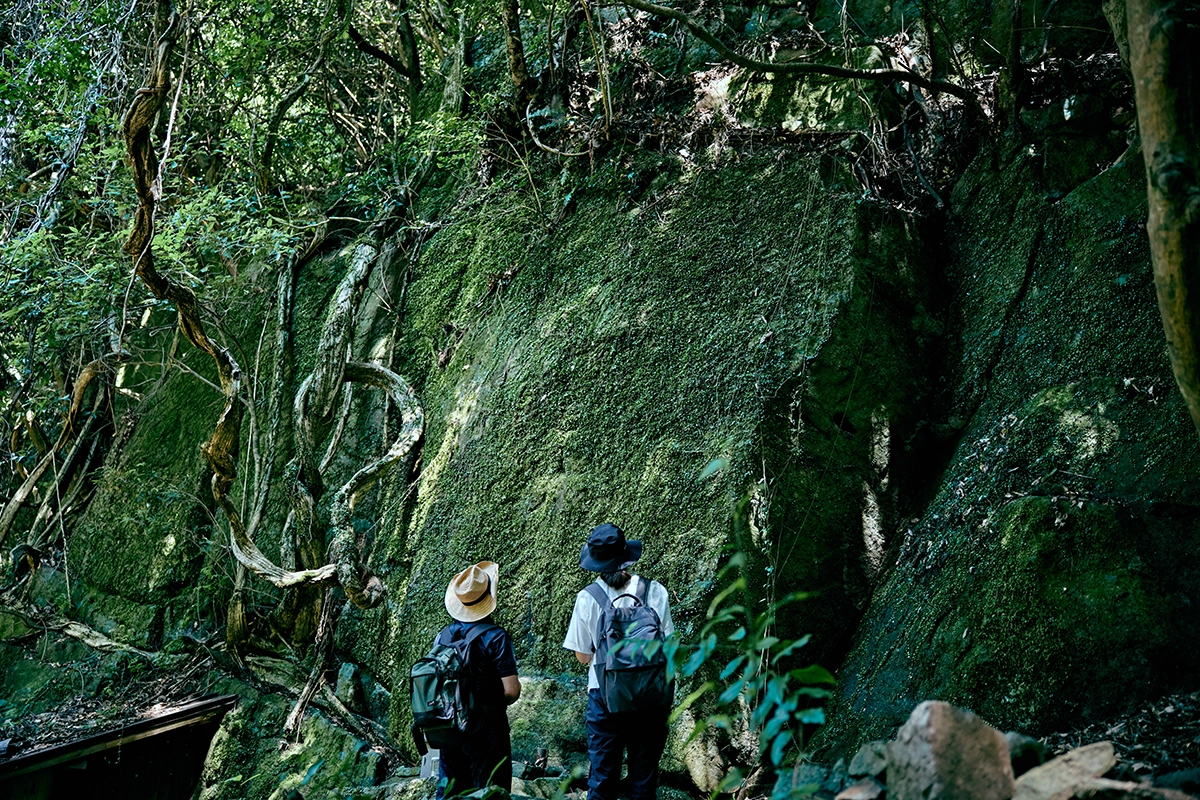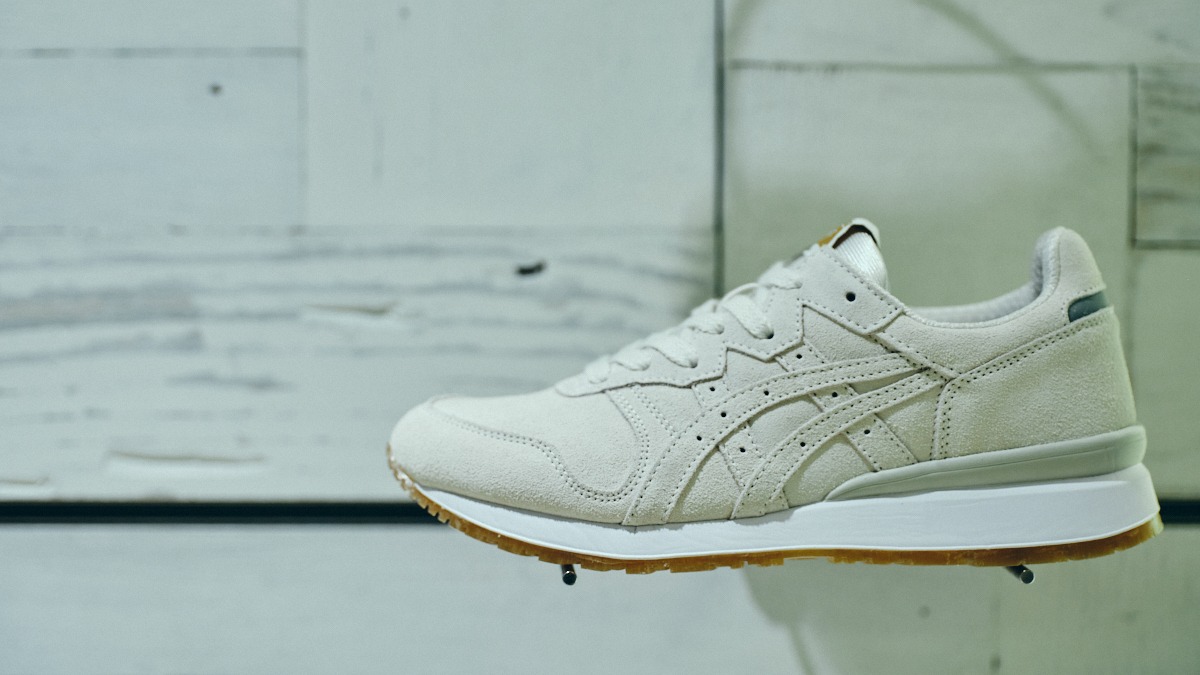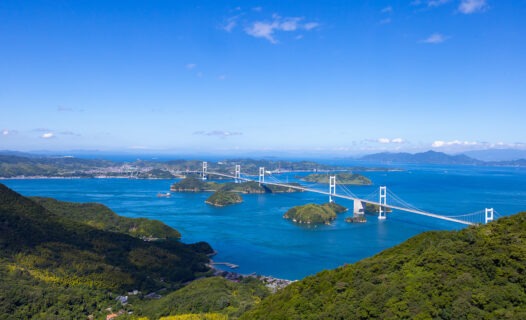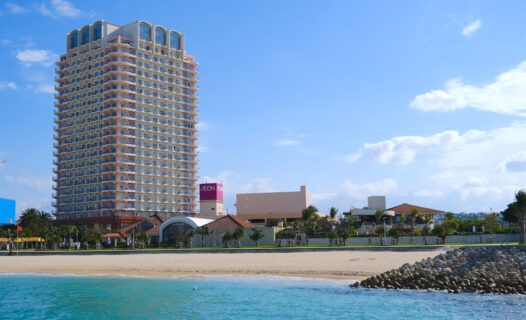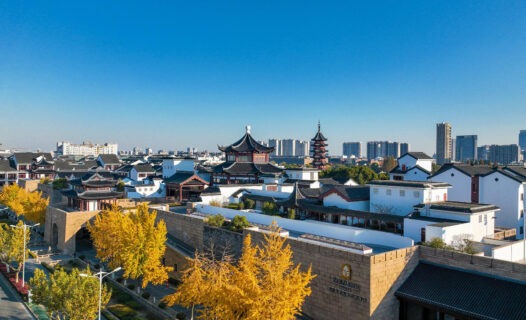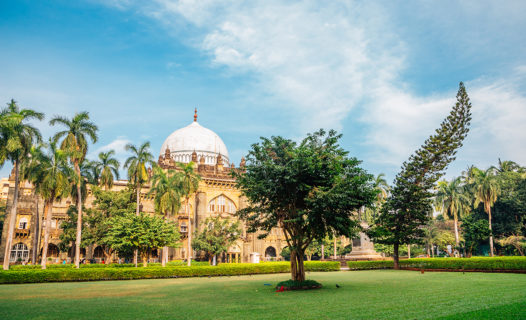Overview of Japan’s Public Holidays in 2024: A Calendar of Celebration
Japan is a land of rich traditions and vibrant celebrations, and its public holidays in 2024 are no exception! Planning a trip around these holidays not only gives you a chance to experience local customs but also allows you to immerse yourself in the lively spirit of Japanese culture. Whether you’re a first-time visitor or a seasoned traveler, having a comprehensive list of Japan’s public holidays is essential for maximizing your experience. So, let’s take a look at the key dates and their significance in 2024!
Japan’s Public Holidays in 2024
Here’s a handy list of Japan’s public holidays for 2024, along with what makes each day special:
- New Year’s Day (元日, Ganjitsu) – January 1 (Monday): Celebrated with family gatherings, traditional foods, and various customs that symbolize new beginnings.
- Coming of Age Day (成人の日, Seijin no Hi) – January 8 (Monday): A day honoring young adults who have reached the age of 20, celebrated with ceremonies and festivities across the country.
- National Foundation Day (建国記念の日, Kenkoku Kinen no Hi) – February 11 (Sunday): A day to reflect on the founding of the nation and its history.
- Spring Equinox Day (春分の日, Shunbun no Hi) – March 20 (Wednesday): A day to celebrate nature and living things, often marked by visits to family graves.
- Showa Day (昭和の日, Showa no Hi) – April 29 (Monday): A day to reflect on the Showa era and its impact on Japan.
- Constitution Memorial Day (憲法記念日, Kenpo Kinenbi) – May 3 (Friday): Celebrating the promulgation of the post-war constitution in 1947.
- Greenery Day (みどりの日, Midori no Hi) – May 4 (Saturday): A day to appreciate nature and the environment.
- Children’s Day (こどもの日, Kodomo no Hi) – May 5 (Sunday): A celebration of children’s health and happiness, often featuring koinobori (carp streamers).
- Marine Day (海の日, Umi no Hi) – July 15 (Monday): A day to appreciate the ocean and its importance to Japan.
- Mountain Day (山の日, Yama no Hi) – August 11 (Sunday): Encourages people to appreciate Japan’s mountains and nature.
- Respect for the Aged Day (敬老の日, Keiro no Hi) – September 16 (Monday): A day to honor the elderly and express gratitude for their contributions.
- Autumn Equinox Day (秋分の日, Shubun no Hi) – September 23 (Monday): Similar to the Spring Equinox, this day is for honoring ancestors and enjoying the changing seasons.
- Health and Sports Day (体育の日, Taiiku no Hi) – October 14 (Monday): Promotes sports and an active lifestyle.
- Culture Day (文化の日, Bunka no Hi) – November 3 (Sunday): Celebrates culture, the arts, and academic endeavor.
- Labor Thanksgiving Day (勤労感謝の日, Kinro Kansha no Hi) – November 23 (Saturday): A day to celebrate and give thanks for labor and production.
- Emperor’s Birthday (天皇誕生日, Tenno Tanjobi) – December 23 (Monday): Celebrating the birthday of the current emperor, this day is marked with ceremonies and public events.
This calendar is a fantastic guide for planning your trip, as many of these holidays are accompanied by unique local festivals and events. Want to know more about each holiday’s cultural significance? Keep reading!
Cultural Significance of Japan’s Public Holidays
Japan’s public holidays are more than just days off work; they are vibrant celebrations steeped in history, tradition, and cultural significance. Each holiday is a window into Japan’s rich tapestry of customs and rituals, offering travelers a unique opportunity to engage with the local culture. Let’s explore the traditions and folklore that make these holidays special!
New Year’s Day (元日, Ganjitsu)
New Year’s Day is the most important holiday in Japan, often celebrated with family gatherings and traditional foods like osechi ryori. This beautifully arranged meal not only looks stunning but is also filled with symbolic meanings for prosperity and health in the coming year.
Coming of Age Day (成人の日, Seijin no Hi)
This holiday is a rite of passage for young adults turning 20. Towns and cities hold ceremonies where participants dress in traditional attire, often wearing beautiful kimono. It’s a day filled with hope and aspirations for the future, celebrated with friends and family.
National Foundation Day (建国記念の日, Kenkoku Kinen no Hi)
National Foundation Day commemorates the founding of Japan. It’s a day for reflection on the nation’s history and identity, often marked by ceremonies at shrines across the country.
Spring and Autumn Equinox Days (春分の日 & 秋分の日, Shunbun no Hi & Shubun no Hi)
These equinox days are all about honoring nature and family. Many people visit graves to pay respects to their ancestors, and the beautiful spring and autumn landscapes are a reminder of the changing seasons.
Culture Day (文化の日, Bunka no Hi)
Culture Day is all about celebrating the arts and academic achievements. Museums and galleries often offer free admission, making it a perfect day to explore Japan’s rich cultural heritage.
These holidays not only bring people together but also provide an insight into Japan’s values and traditions. So, why not plan your trip around these festivities? You’ll find that experiencing Japan’s public holidays is a fantastic way to connect with the culture on a deeper level.
Festivals and Events: The Heart of Japan’s Public Celebrations
Japan is a country that knows how to throw a party! Each public holiday is not just a day off; it’s a chance for communities to come together and celebrate in style. From colorful parades to traditional ceremonies, the festivals that coincide with Japan’s public holidays in 2024 promise unforgettable experiences. Here’s a rundown of some of the most exciting festivals and events you can look forward to!
New Year’s Celebrations (元日, Ganjitsu)
As the clock strikes midnight on January 1st, Japan bursts into life with New Year’s festivities. Many locals visit shrines to make their first prayers of the year, a practice known as hatsumode. Join the crowds at famous shrines like Meiji Shrine in Tokyo or Fushimi Inari Taisha in Kyoto to experience the electric atmosphere. Don’t miss the chance to enjoy traditional foods like osechi ryori and zoni (a rice cake soup) at local eateries!
Coming of Age Day (成人の日, Seijin no Hi)
On January 8th, cities across Japan host grand ceremonies to honor young adults who have turned 20. Expect to see stunning kimonos and suits as these newly recognized adults participate in parades and events. Festivals often include speeches, music, and local performances, making it a vibrant day to witness. If you’re in town, check out local celebrations in places like Tokyo’s Shibuya or Osaka’s Namba district!
Hanami: Cherry Blossom Festivals (春の花見)
Spring is a magical time in Japan, especially during the cherry blossom season. From late March to early April, parks and gardens come alive with pink blooms. Join locals for hanami (flower viewing) parties, where people gather under the cherry trees to enjoy food, drink, and laughter. Popular spots include Ueno Park in Tokyo and Maruyama Park in Kyoto. It’s a beautiful way to celebrate nature’s beauty!
Golden Week (ゴールデンウィーク)
Golden Week, which runs from late April to early May, is one of the longest holiday seasons in Japan. This week is packed with events, festivals, and activities. Don’t miss the Takayama Spring Festival in the picturesque Takayama, featuring stunning floats and traditional performances. If you’re in Tokyo, the Shinjuku Gyoen National Garden hosts lively picnics and cherry blossom viewings. Be sure to book accommodations early, as this is a peak travel time!
Obon Festival (お盆)
In mid-August, the Obon Festival honors the spirits of ancestors. Celebrations include traditional dances, known as Bon Odori, and vibrant lantern festivals. Cities like Kyoto and Tokyo light up with colorful decorations and activities. If you’re lucky, you might witness a fireworks display that lights up the summer night sky!
Culture Day (文化の日, Bunka no Hi)
On November 3rd, Culture Day invites everyone to celebrate Japan’s rich cultural heritage. Museums and galleries often offer free admission, making it the perfect day for art lovers. Participate in local events showcasing traditional arts like calligraphy and tea ceremonies. Keep an eye out for parades featuring traditional costumes in cities like Kyoto!
New Year’s Eve Celebrations (大晦日, Oomisoka)
As December 31st approaches, the excitement builds for New Year’s Eve. Many people visit shrines to ring in the new year with family and friends. The Joya no Kane ceremony, where temple bells are rung 108 times, symbolizes the release from worldly desires. Join the festivities at major temples like Senso-ji in Tokyo for a truly memorable experience!
Culinary Delights: Traditional Foods for Each Holiday
Food is at the heart of every celebration in Japan, and each public holiday comes with its own set of delicious traditional dishes. Get ready to tantalize your taste buds with these holiday treats!
New Year’s Cuisine (おせち料理)
During New Year’s, families prepare osechi ryori, a beautifully arranged meal packed with symbolic foods. Each dish represents wishes for the new year, such as kuromame (sweet black beans for health) and kuri kinton (sweet chestnut and sweet potato for prosperity). You can find osechi at local markets or specialty stores leading up to the holiday!
Children’s Day (こどもの日, Kodomo no Hi)
On May 5th, families celebrate Children’s Day with a sweet treat called kashiwa mochi (rice cakes wrapped in oak leaves). This delicious snack symbolizes strength and growth. Look for kashiwa mochi in local shops, especially in the days leading up to the holiday!
Obon Festival Foods
During Obon, you’ll find a variety of traditional foods that pay homage to ancestors. Somon (cold noodles) and yakitori (grilled chicken skewers) are popular choices. Many families also prepare ohagi (sweet rice balls) to offer to their ancestors. Try making these dishes yourself or enjoy them at local eateries during the festival!
Seasonal Delights
Japanese cuisine is all about celebrating the seasons. During spring, indulge in sakura mochi (sweet rice cakes wrapped in cherry leaves), while in autumn, savor kuri (chestnuts) and mikan (mandarins). Each season brings a new culinary adventure, so be sure to sample local specialties during your travels!
Day-by-Day Itinerary for Experiencing Japan’s Public Holidays
Ready to plan your adventure? Here’s a suggested itinerary to help you make the most of Japan’s public holidays in 2024!
Day 1: New Year’s Day
Start your trip by visiting a local shrine for hatsumode. Enjoy a traditional breakfast of osechi ryori and explore the festive atmosphere in your chosen city. In the evening, join a local celebration or fireworks display!
Day 2: Coming of Age Day
Head to a nearby city to witness the Coming of Age Day ceremonies. Dress in traditional attire if you can, and soak in the festive spirit. Enjoy lunch at a local restaurant serving seasonal dishes!
Day 3: Hanami Day
Spend the day at a park enjoying hanami. Pack a picnic with local foods and enjoy the cherry blossoms. Take plenty of photos and join in the fun with locals!
Day 4: Golden Week Adventure
Join the Takayama Spring Festival for a day of floats, music, and cultural performances. Enjoy local delicacies and engage with the friendly locals!
Day 5: Obon Festival
Participate in local Obon dances and festivities. Visit temples to pay respects to ancestors and enjoy traditional foods. Don’t forget to check out local lantern festivals!
Day 6: Culture Day
Explore museums and galleries on Culture Day. Many offer free admission, so take advantage of this opportunity to learn about Japan’s rich cultural heritage. Attend local performances or exhibitions!
Day 7: New Year’s Eve
Wrap up your trip with a visit to a major temple for the New Year’s Eve celebrations. Enjoy the festive atmosphere, and join in the ringing of the temple bells!
Unique Local Festivals: Hidden Gems Across Japan
While major public holidays are a blast, Japan also boasts a myriad of unique local festivals that showcase regional traditions. Here are some hidden gems you won’t want to miss!
Yuki Matsuri (雪まつり) – Sapporo Snow Festival
Every February, Sapporo transforms into a winter wonderland during the Yuki Matsuri. Marvel at massive snow sculptures, enjoy winter sports, and indulge in delicious local food. It’s a fantastic way to experience Japan’s winter charm!
Gion Matsuri (祇園祭) – Kyoto
Held in July, the Gion Matsuri is one of Japan’s most famous festivals. The highlight is the grand parade featuring beautifully decorated floats. Experience the vibrant atmosphere, traditional music, and local delicacies!
Takayama Matsuri (高山祭) – Takayama
This spring and autumn festival showcases stunning floats and traditional performances. It’s a great way to immerse yourself in Takayama’s rich culture while enjoying local foods!
Hinamatsuri (雛祭り) – Doll Festival
Celebrated on March 3rd, Hinamatsuri is a day to wish for the health and happiness of girls. Families display beautiful dolls and enjoy special foods like chirashi sushi. It’s a delightful celebration to witness!
Practical Travel Tips for Holiday Season in Japan
Traveling during Japan’s public holidays can be a thrilling experience, but it’s essential to be prepared. Here are some insider tips to make your journey smooth and enjoyable!
Book Accommodations Early
During peak holiday seasons like Golden Week, hotels fill up quickly. Make sure to book your accommodations well in advance to secure the best options. Consider staying in traditional ryokans for a unique experience!
Plan for Crowds
Expect larger crowds at popular tourist spots during public holidays. Arrive early to avoid long lines and enjoy a more relaxed experience. Consider visiting lesser-known attractions for a quieter adventure!
Use Public Transport
Japan’s public transport system is efficient and convenient. Purchase a Japan Rail Pass for long-distance travel, and consider local passes for city travel. Be aware of peak travel times, especially during holidays!
Participate in Local Customs
Embrace the local culture by participating in holiday customs and events. Whether it’s joining a festival dance or trying traditional foods, engaging with locals will enrich your travel experience!
Outdoor Activities and Events to Embrace Nature
Japan’s public holidays are not only about cultural celebrations; they also offer fantastic opportunities to enjoy the great outdoors. Here are some activities you can partake in!
Spring Hiking Adventures
During the spring equinox, head to the mountains for breathtaking hikes as cherry blossoms bloom. Trails like the Nakasendo Trail offer stunning views and a chance to connect with nature. Pack a picnic and enjoy the scenery!
Summer Beach Festivals
In summer, many coastal areas host beach festivals. Join in the fun with beach games, fireworks, and local seafood delicacies. Check out the beaches in Okinawa for a vibrant summer experience!
Autumn Leaf Viewing
As the leaves change color, take a scenic drive or hike in places like Nikko or Kyoto. Autumn festivals often feature food stalls and local crafts, making it a delightful way to enjoy the season!
Winter Sports
In winter, hit the slopes at popular ski resorts like Niseko or Hakuba. Experience thrilling winter sports and enjoy the beautiful snowy landscapes. Don’t forget to try onsen (hot springs) after a day on the slopes!
Transportation Tips for Holiday Travel in Japan
Getting around Japan during public holidays can be a breeze with the right tips. Here’s how to navigate transportation efficiently!
Utilize the Japan Rail Pass
The Japan Rail Pass is a cost-effective way to travel across the country. Purchase it before your trip to save on transportation costs. It’s valid on most trains, including the famous Shinkansen (bullet train)!
Check Train Schedules
During public holidays, train schedules may vary. Always check the latest timetables and reserve seats for popular routes to avoid last-minute surprises!
Local Transport Options
In cities, public transport is your best friend. Buses and subways are convenient and affordable. Consider purchasing a prepaid IC card for seamless travel!
Be Mindful of Peak Times
Traveling during peak hours can be hectic. Try to plan your travels during off-peak times for a more comfortable experience. Early mornings and late evenings are usually less crowded!
Safety and Health Guidelines During Public Holidays
While enjoying Japan’s festivities, it’s important to keep safety and health in mind. Here are some essential tips to ensure a safe and enjoyable experience!
Stay Hydrated
Whether you’re exploring during the hot summer months or participating in winter activities, staying hydrated is key. Carry a water bottle and take breaks to refresh!
Follow Local Guidelines
During public holidays, respect local customs and guidelines. Participate in traditions with an open heart, and be mindful of any health regulations in place!
Emergency Contacts
Familiarize yourself with local emergency contacts, including hospitals and police. Keep important numbers handy in case of emergencies!
Travel Insurance
Consider purchasing travel insurance for added peace of mind. This can cover unexpected events and ensure you enjoy your trip worry-free!
Fun Facts About Japan’s Public Holidays and Festivals
Before you pack your bags, here are some fun facts about Japan’s public holidays that will make you even more excited to visit!
Unique Celebrations
Did you know that Japan has a holiday specifically dedicated to children? Children’s Day is celebrated on May 5th, and families display carp streamers to symbolize strength and success!
Historical Roots
Many public holidays in Japan have roots dating back centuries. For instance, National Foundation Day commemorates the founding of Japan and is celebrated with ceremonies and festivities across the country!
Seasonal Changes
Japan’s public holidays often align with the changing seasons, making them a perfect time to experience the beauty of nature. From cherry blossoms in spring to vibrant autumn leaves, each holiday offers a unique backdrop!
Rich Traditions
Each public holiday comes with its own set of traditions, rituals, and foods. Embracing these customs allows you to connect with the local culture on a deeper level!
Commonly Asked Questions (FAQs) about Japan’s Public Holidays
Got questions about Japan’s public holidays? Here are some common queries travelers have, answered just for you!
What are the major public holidays in Japan?
Japan has several major public holidays, including New Year’s Day, Coming of Age Day, Golden Week, and Obon. Each holiday is celebrated with unique customs and traditions!
Are shops and restaurants open during public holidays?
While many shops and restaurants remain open during public holidays, some may have reduced hours or be closed. It’s best to check in advance, especially during major holidays like Golden Week!
Can I participate in local festivals as a tourist?
Absolutely! Many local festivals welcome tourists to join in the celebrations. Participate in traditional dances, try local foods, and enjoy the festive atmosphere!
What should I wear to public holiday events?
While casual attire is generally acceptable, consider wearing traditional clothing like yukata or kimono for special events. It’s a fun way to immerse yourself in the culture!

